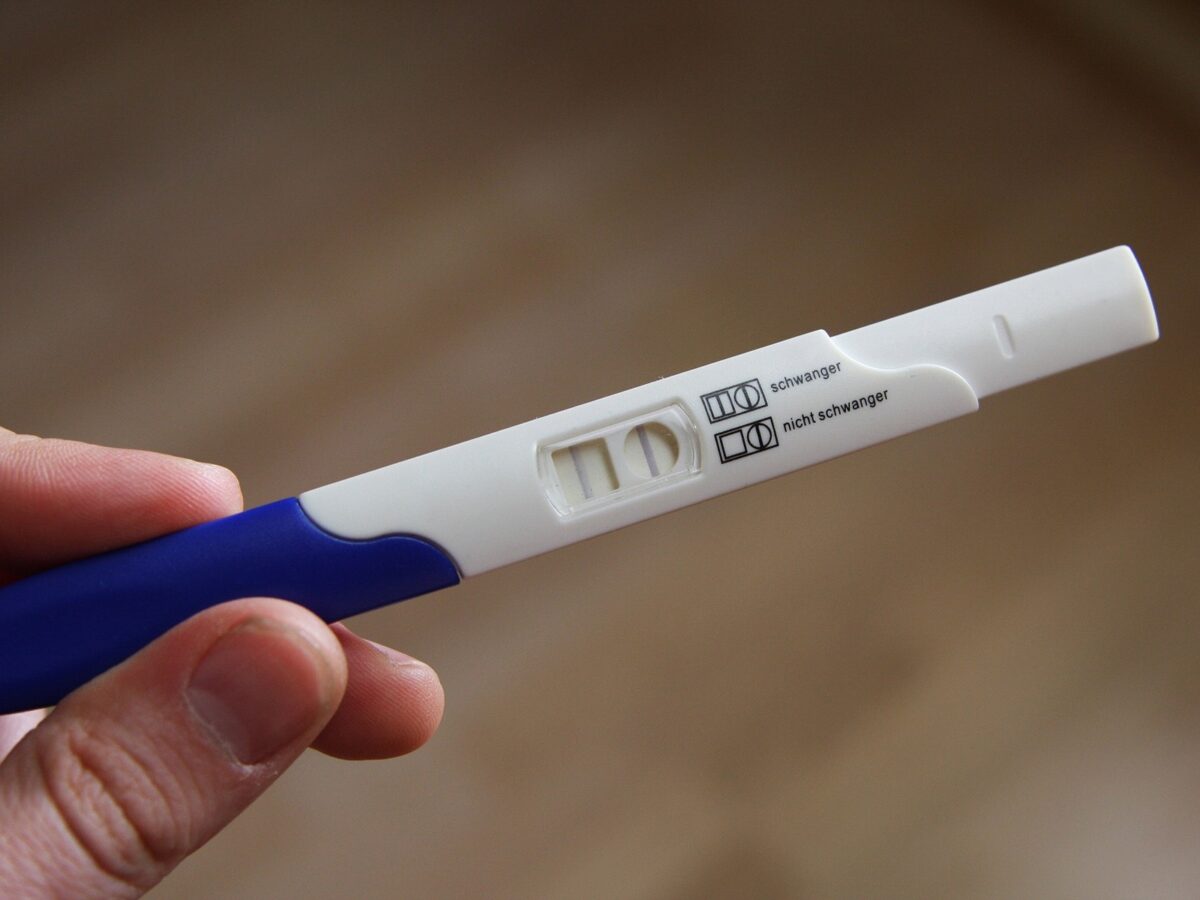River Walk Dental Orthodontics
Blog
Dental hygiene tips for healthy teeth & gums

Periodontal Disease Can Hinder Fertility
A new study out of the University of Helsinki found that one of the bacteria that cause periodontal disease may also affect a young woman’s fertility. This is the first study of its kind, and it really drives the point that taking care of your teeth is one of the most important things you can do for the health of yourself and your family.
The Study
The bacteria that cause periodontal disease have been making a lot of cautionary waves in dental studies. It’s been linked to diseases like Alzheimer’s, pancreatic cancer, kidney disease, cardiovascular disease, rheumatoid arthritis, and diabetes. Researchers at the University of Helsinki, Finland were curious how this disease affects young women’s odds of becoming pregnant. To test their hypothesis they studied 259 healthy women with a mean age of 29 years old whom had recently decided to become pregnant and ceased using birth control. Oral and gynecological exams were performed at the beginning of the study and the women’s saliva was tested for for periodontal bacteria. After 12 months the women then reported back to discuss whether or not they had become pregnant. After analyzing the data, they found that women who did not become pregnant had statistically significantly higher levels of Porphyromonas gingivalis, P. gingivalis, and higher levels of antibodies in their saliva. They acknowledge that this study does not question any other factors of infertility, but it does further the research into the far-reaching effects of periodontal disease. lt seems to add to the narrative of a systemic connection between periodontal disease and chronic conditions that affect the rest of the body.
A Note on Fertility
A woman’s reproductive years are very important if she desires to have children. A woman has the best odds of becoming pregnant between the ages of 20 and 35. After age 35, her fertility declines sharply. Unfortunately, a woman’s fertility is a very complicated biological rhythm. Many physical and hormonal factors must line up exactly right for a couple to conceive. These findings of periodontal disease’s effects only add to the stress of becoming pregnant. However, if we think about how detrimental low grade or chronic inflammation can be on the body, we can see that this disruption of the reproductive system makes sense. lf the body is constantly fighting off harmful bacteria like P. gingivalis, it may not have the physical energy to produce the exact cocktail of hormones necessary to facilitate ovulation and reproduction — which seems to be the case.
Preventing Periodontal Disease for Pregnancy
Although it must be mentioned that there is a lot of research to be done to discover the exact reason why the bacteria present in periodontal disease can affect the fertility of a young woman, taking care of your teeth is extremely important if you are looking to become pregnant. The presence of progesterone is powerful for women and can affect their teeth and bodies. It is within your power to protect yourself from developing gum disease and periodontal disease while your hormones are in flux. By brushing your teeth twice daily and flossing correctly every day you are effectively removing this bacteria before it has a chance to take hold of your immune system and cause chronic inflammation in your gums and elsewhere in your body. Speak with your dentist if you are trying to become pregnant and wish to keep your teeth as healthy as possible.
Source: https://www.artistictouchdentistry.com/general-dentistry/periodontal-disease-can-hinder-fertility/
Book Appointment to find out which treatment might be best for you.
